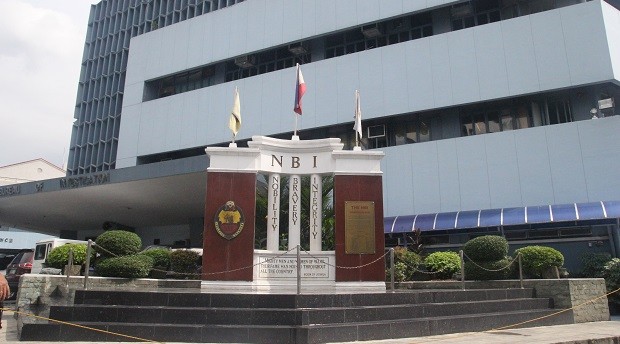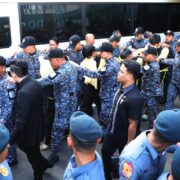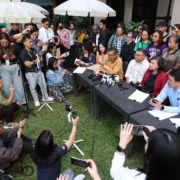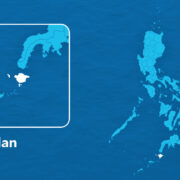NBI agents nab 2 more Chinese ‘spies,’ 3 Pinoys

Two more Chinese nationals, along with three Filipinos, have been arrested by the National Bureau of Investigation for espionage.
In a statement on Tuesday, the NBI said the five were arrested on Feb. 20 after its cybercrime division and special task force were alerted about “suspicious” vehicles carrying IMSI catchers, which frequented sensitive areas like the headquarters of the Armed Forces of the Philippines and Philippine National Police, as well as Malacañang and other government facilities in Metro Manila.
The NBI added that it was able to verify the information through network monitoring, interference detection and signal analysis.
IMSI or International Mobile Subscriber Identity catchers serve as fake cell towers between mobile phones and the tower of the original network provider, allowing messages to be intercepted, according to the PNP Anti-Cybercrime Group.
According to the NBI, it was able to locate and analyze unauthorized transmissions, interference sources and an unlicensed BTS, which is a “malicious base station” that impersonates a legitimate cell tower.
Simultaneous operations
These rogue BTS can intercept, manipulate and disrupt mobile network communications and are often used for “unauthorized” surveillance, eavesdropping, data theft and network disruption, the NBI said.
Given the “significant implication” of these tools on the country’s national security and the people’s privacy, the NBI said it conducted simultaneous operations on Feb. 20, which led to the arrest of Filipinos Omar Khan Joveres, Leo Panti and Mark Angelo Binza.
The trio claimed they were hired as drivers by a Chinese national identified as Ni Qinhui, who instructed them to drive in vehicles with the IMSI catchers near key government installations such as Villamor Air Base, the AFP headquarters at Camp Aguinaldo, the PNP headquarters at Camp Crame, Malacañang and the US Embassy, among others. The Filipinos said they were paid P2,500 to P3,000 monthly.
The suspects also revealed that Ni was residing in a condominium located at Malate, Manila, prompting NBI agents to arrest him with his cohort, Zheng Wei.
Charges
The NBI said that Ni’s wife, Melody, later confirmed that her husband had hired Joveres, Panti and Binza and showed them the IMSI catchers stored in their condominium unit.
By surrendering the IMSI catchers to agents, Melody was able to prove her innocence, the NBI added.
The five suspects are facing charges for violating Republic Act No. 10175, or the Cybercrime Prevention Act of 2012 and Commonwealth Act No. 616, regarding espionage.
In January, the NBI also arrested five suspected Chinese spies who were allegedly monitoring the activities of the Philippine Coast Guard and Philippine Navy in Palawan, including the resupply of troops in the West Philippine Sea.
The NBI said the five men had been working with Deng Yuanqing, the alleged Chinese spy who was arrested on Jan. 17 in Makati City with two Filipino cohorts.
Deng and the Filipinos were caught operating a device that allegedly mapped critical infrastructures in the country, including military sites and power installations.

















